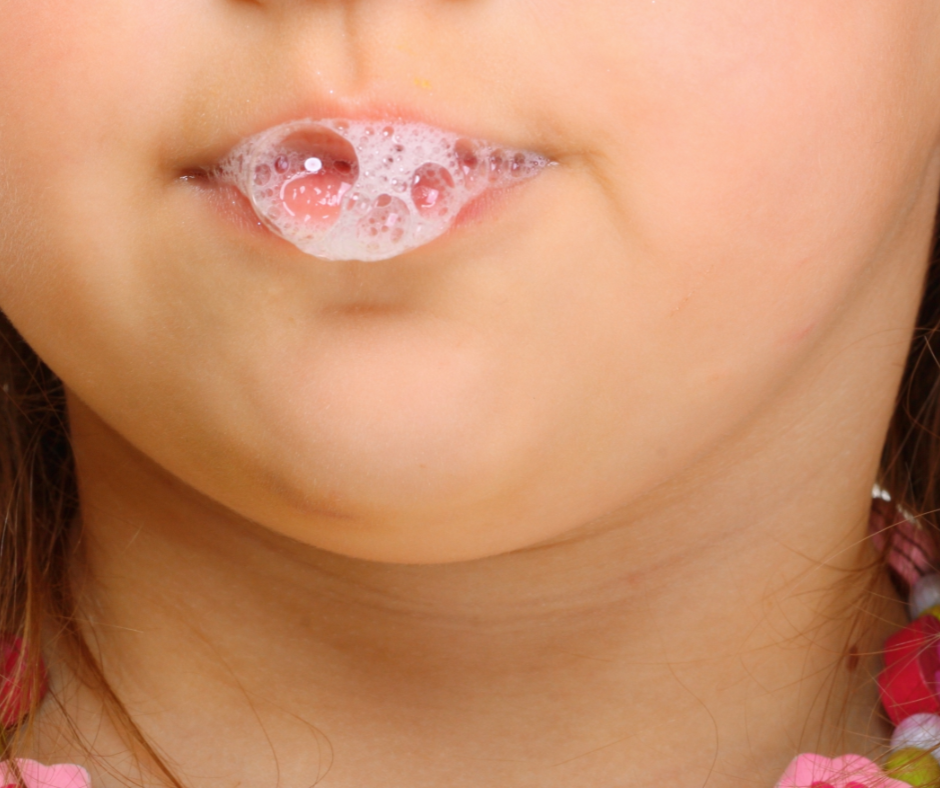
Have you ever paused to appreciate the role saliva plays in our daily lives? While often overlooked, saliva is a vital component of our oral health and serves a multitude of functions, including digestion, lubrication, and even taste perception. In fact, without saliva, our ability to taste would be severely compromised.
The Science Behind Taste Perception
To understand the significance of saliva in taste perception, let's delve into the science behind how we taste. Our taste buds, located primarily on the tongue, are responsible for detecting five primary tastes: sweet, salty, sour, bitter, and umami. When we consume food, molecules from the food interact with saliva and are carried to our taste buds. These molecules then bind to specific receptors on the taste buds, triggering signals that are sent to the brain, where taste sensations are interpreted.
Saliva: The Unsung Hero
Saliva plays a crucial role in the taste process in several ways:
- **Solubilizing and Dissolving Food Molecules**: Saliva contains enzymes that help break down food particles, making it easier for taste molecules to interact with taste receptors on the tongue. Without saliva, many taste molecules would remain trapped in food particles, diminishing our ability to taste them.
- **Transporting Taste Molecules**: Saliva acts as a solvent, carrying taste molecules to our taste buds and facilitating their interaction with taste receptors. This ensures that taste sensations are effectively transmitted to the brain for interpretation.
- **Maintaining Taste Sensitivity**: Saliva helps keep the mouth moist, preventing dehydration and maintaining the sensitivity of taste receptors. Dry mouth, often caused by reduced saliva production, can lead to diminished taste perception and an overall dulling of the sense of taste.
The Impact of Saliva Imbalance
When the balance of saliva in the mouth is disrupted, whether due to factors such as dehydration, certain medications, or medical conditions like dry mouth (xerostomia), it can have a profound effect on taste perception. Individuals experiencing dry mouth may find that foods taste bland or have an altered taste, making eating less enjoyable and potentially affecting their nutritional intake.
Maintaining Optimal Salivary Function
Given the critical role saliva plays in taste perception, it's essential to maintain optimal salivary function. Here are some tips to support healthy saliva production:
- Stay Hydrated: Drinking an adequate amount of water throughout the day helps keep saliva flowing and maintains moisture in the mouth.
- Practice Good Oral Hygiene: Regular brushing, flossing, and dental check-ups help keep the mouth clean and reduce the risk of conditions that can affect saliva production. Water flossing is a great way to keep your mouth super clean.
Don't underestimate the value of maintaining tongue cleanliness in your oral care routine. Try the ToothShower Shower-Powered Water Flosser (with an extra tongue cleaner attachment) for a consistently clean mouth.
- Limit Alcohol and Caffeine: These beverages can contribute to dehydration and may exacerbate dry mouth symptoms.
- Use Sugar-Free Gum or Mints: Chewing sugar-free gum or sucking on sugar-free mints stimulates saliva production, helping to alleviate dry mouth symptoms temporarily.
Conclusion
Saliva may be an unsung hero in the realm of taste perception, but its role in shaping our culinary experiences cannot be overstated. From solubilizing taste molecules to maintaining taste sensitivity, saliva is a vital ally in our quest for flavorful meals. By understanding and appreciating the importance of saliva, we can take steps to support optimal oral health and enhance our enjoyment of food.
So, the next time you savor a delicious meal, take a moment to thank your saliva for its indispensable role in making every bite taste extraordinary.

Leave a comment (all fields required)